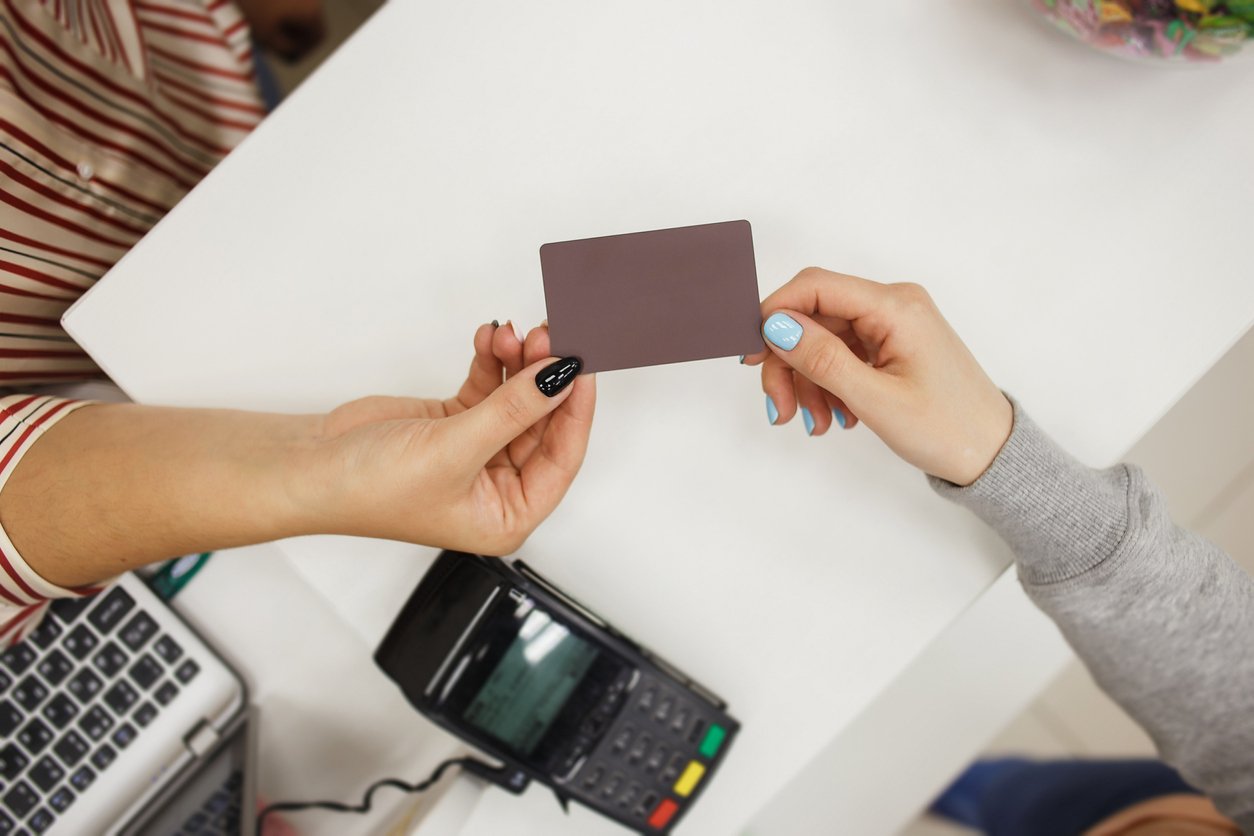In just a few months, Covid-19 managed to topple all expectations for 2020. Businesses faced disruptions at a speed and scale unimaginable in the modern era. The pandemic has touched everyone's lives and transformed how consumers shop and retailers sell. Many of these behaviours are expected to stick in the long term and shape post-pandemic consumer behaviour.
We witnessed a clear shift to digital among consumers that forced a 10-years' growth in just three months in online shopping and an unprecedented shock to brand loyalty. Only brands that succeeded in identifying what consumers value during these troubled days and adjusting their offering accordingly managed to restore and even boost their brand loyalty.
The world's economies gradually begin to open once again. We have now almost entirely overcome the supply-chain disruptions of the pandemic's early months that fuelled an unparalleled shock to brand loyalty that drove consumers into trying new brands and products.
Nevertheless, according to surveys, a significant number of customers intent on keeping this behaviour in their post-crisis lives. Consumers are now more tech-savvy, so it is way easier for them to find and try something new. Therefore, brands need not only figure out ways to maintain their relationship with their customers but also find ways to strengthen it.

2021: A Year of Transition
As we are (hopefully) moving towards the end of the pandemic, 2021 will be a year of transition, and businesses can begin to look forward to shaping their futures. But the post-pandemic retail landscape is going to be different.
It is unclear whether once the Covid-19 crisis recedes, customers will return to their old shopping habits or if the pandemic will create a new type of consumer. Moreover, rising unemployment levels might suppress consumer confidence and spending. Consequently, brands worldwide are now struggling with the question of how to reach the next normal safely.
What factors should businesses keep in mind should they want to maintain and strengthen their brand loyalty in the new normal?
Understand Your Customers Deeply
Trust and confidence, the two pillars of brand loyalty, have been put to the test during the last year. The pandemic has irreversibly changed significant aspects of our lives, and every business needs to rethink how it will address customers' needs in ways that demonstrate empathy and build trust.
Consumers are more likely to remain loyal to a brand with a solid understanding of their concerns, needs, and perspectives; a company that listens to and applies the feedback it receives as soon and as effectively as possible.
Working even more closely with your customers and putting their interests first during these challenging times will forge even stronger relationships and form bonds that are likely to endure for years. Introduce flexible pricing, return, refund policies, for example. That might hurt your bottom line in the short term but helping your customers in a time of need will be immensely beneficial for your company in the long-term.
Last but not least, include yourself in your messaging by emphasising your shared experiences with them. In the end, human interaction and honest connection with your customers becomes a higher priority and has a much greater value nowadays when it is much harder to do.

Be True to Your Brand and Purpose
Brand loyalty took a hit during the pandemic for several reasons. People struggling with income loss simply went for cheaper products. Others decided to switch brands when their favourite products were not immediately available due to logistical challenges and supply-chain disruptions.
But also, several consumers adopted and recommended to friends and family new brands that align with their values and simply abandoned those that don't. During challenging times like these, people are paying close attention to how organisations are responding. Therefore, every interaction with your customers is an opportunity to demonstrate what your organisation is all about and be true to your brand and purpose.
Establish yourself as a purpose-based company that shows empathy and takes a public stand on important social and environmental issues, connect with consumers on an emotional level and emerge in the post-crisis retail landscape as a leader.

Do Your Best to Reward Your Loyal Customers
The pandemic caused a massive shift to digital, and consumers are spending more and more time on digital channels. This offers you easier access to consumers, but there is also a lot more noise that your brand has to break through to develop a strong relationship with them that will last.
Although all your customers are important, every business has its most loyal customers, and it is essential to show your gratitude to returning customers by rewarding their loyalty. Implementing a loyalty program is one of the best ways to acknowledge your customers' value and keep them engaged with your brand. It is proved that well-designed loyalty programs show a significantly higher success rate at changing customer behaviour.
There are various ways to reward a loyal customer, from monetary discounts and loyalty points to free accessories. But what's the best way to go for your brand? When designing your loyalty program, it's all about the value proposition you're offering to your customers. So, you need to understand them first and develop a personalised program that creates actual value for them.
You have to make sure that whatever you are trying to accomplish with the loyalty program is consistent with your current company strategy and brand messaging but flexible enough to remain sustainable as your company, strategy, and consumer behaviour evolve.

Adopt New Technologies
Another challenge brands faced during the pandemic is communicating the value of their products effectively online. Testing products physically may not be viable due to hygienic reasons for several months after lockdown restrictions are eased, especially in apparel and cosmetics. But it is true that people much prefer the ability to see, feel, and try out products in real life over browsing through a menu on an online store.
For these reasons, Augmented Reality shopping experiences can provide a unique window of opportunity to scale up your business by offering your customers a virtual in-store experience. Additionally, you can use Augmented Reality to walk customers through procedures like assembling or maintaining a product and installing spare parts with easy-to-follow visual instructions.
Similarly, recent innovations in natural language processing, sentiment analysis, and emotional resonance could benefit your business by enhancing your customer service analytics. Long story short: be innovative. Adopting new technologies will help your brand find new ways of attracting new and maintain existing customers, solve challenges, identify opportunities, and drive revenue.

This is the Time for Your Brand to Look Ahead to the Future
The Covid-19 crisis has drastically changed consumer behaviour and abruptly redefined how companies interact with their customers. Every business needs to adapt, change, and innovate its practices to remain relevant and thrive in the new normal. For brands to restore brand loyalty during the pandemic, updated business models and methods were crucial. To maintain and increase their brand loyalty in the days to come, businesses have to ask themselves: 'What moments in our customers' lives can we improve with our offerings?'
Let your customers know how important they are to your business and keep reminding them that their interests and needs are your priority. It will most probably take some time until in-person interactions are fully restored, so your offerings and communications might still be primarily digital in nature. Nevertheless, by prioritising your customers' needs, these digital offerings and communications can still maintain a human touch and create a customer experience worth coming back to again and again.
Author: Stathis Kampylis

Stathis Kampylis is the marketing and communication coordinator at Shiptheory, a best-in-class shipping management platform that connects retailers with the world's best carriers to automate shipping labels, customs documentation, manifests, and tracking. He is the main contributor to Shiptheory's E-commerce and Shipping Blog.


.svg)

